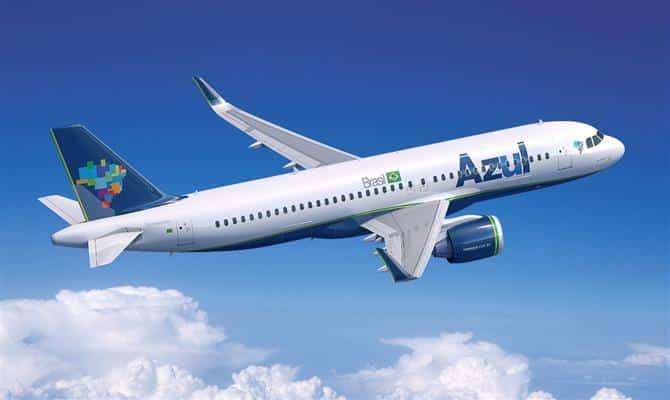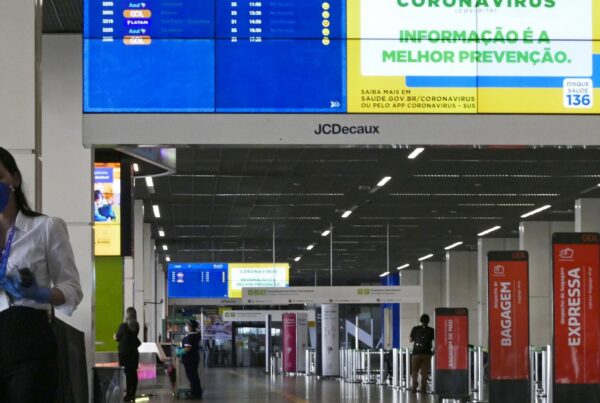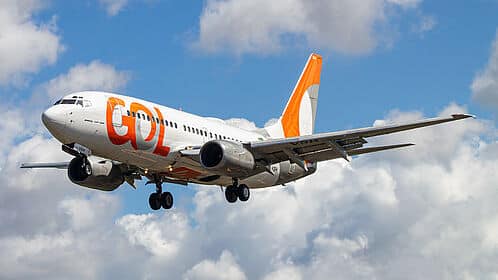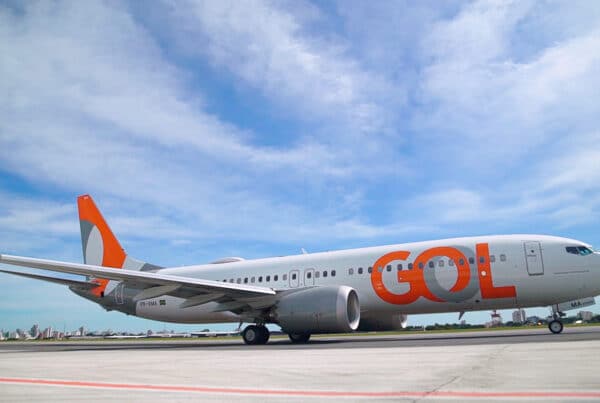From the Sun Sentinel
South Floridians will soon have another avenue for jetting nonstop to Brazil’s magnificent Amazon jungle and rain forest.
On Friday, Brazilian airline Azul said it plans to add service from Fort Lauderdale in December to Belem, a gateway city to the Amazon River, pending government approval.
The new route between Fort Lauderdale-Hollywood International Airport and Belem International Airport will operate four times a week with 174-passenger Airbus 320neo aircraft, Azul said. It will join the carrier’s nearly three-year old Fort Lauderdale-Sao Paulo/Viracopos Campinas Airport service, which launched in December 2014 as Azul’s first U.S. destination.
“The new Belem-to-Fort Lauderdale route provides more opportunities for travelers to experience the unique cultures and outdoor wonders of both regions,” Mark Gale, CEO/director of Aviation, Broward County Aviation Department, said in a statement.
Departing flights from Fort Lauderdale to Belem will operate Mondays, Wednesdays, Fridays and Sundays, Azul said.
The colonial city of Belem in northern Brazil, is one of the country’s most populous with about 1.4 million people, and is the capital of the Para state.
Popular tourist attractions include the Amazon Biopark Zoo, Rodrigues Alves Wood–Botanic Garden, Ver-o-Peso Market and Emilio Goeldi Museum.
In May 2017, Azul carried 15,152 passengers in and out of Fort Lauderdale-Hollywood, the latest airport records show.
Azul said Friday it also plans to re-launch service between Orlando International Airport and Belo Horizonte in December using A330 wide-body planes offering four weekly flights.
“Not only have our customers been asking for these flights, but this also strengthens our strategic positioning in these important cities,” said David Neeleman, Azul’s founder and chairman, in a statement.
The low-cost carrier ceased the Belo Horizonte service a few months after it launched in November 2015 due to insufficient demand.
“The market is better now,” said Abhi Shah, Azul’s vice president of revenue, in an interview Wednesday, of the reinstatement.
Azul also serves Sao Paulo and Recife from Orlando, its second U.S. city where it began operations in mid-December 2014.
In recent years, economic challenges in Brazil kept some Brazilians from traveling overseas, but travel demand has been on the upswing this year as conditions improved.
Today, Azul’s flights from its two Florida gateways and sole U.S. destinations “are doing well,” Shah said.
Azul’s preliminary July traffic data released Wednesday show an international load factor or occupancy of 88.8 percent, and year-to-date, of 90.6 percent. That mostly included its Florida flights and some flying to Lisbon, Portugal, he said.
The Brazilian carrier also plans to increase its frequencies between Fort Lauderdale and Sao Paulo in December from 10 weekly flights to 12, Shah added.
Improving foreign exchange rates for the Brazilian Real have allowed Brazilians to travel more overseas and increase purchases, he noted.
Azul’s partnership with JetBlue Airways also is an important factor in its U.S. growth offering “good connectivity” through Fort Lauderdale and Orlando to other key U.S. destinations, Shah said.
Outbound U.S. travelers departing the two Florida gateways can also tap into Azul’s vast domestic network of 96 Brazilian cities.
Industry analyst Seth Kaplan of trade publication Airline Weekly said air travel between Brazil and South Florida has improved substantially due to the better Brazilian economy and fewer airline seats in the market.
“Airlines have taken so many seats out of the market, that between the reduction in supply, and now an increase in demand related to the modest economic recovery, Brazilian markets are doing considerably better than was the case a year ago,” he said.
Belem — a growing domestic market for Azul — is seen as a much-needed and easier exit point for northern Brazilians to travel to the U.S., Shah noted.
From South Florida, Belem is also served with two weekly flights from Miami on Latam, Kaplan noted.
Belem, which is closer to the U.S. than Sao Paulo, makes its cheaper to operate and is a “lower-risk” service, he added. “Azul clearly feels optimistic enough about the situation to add this new service.”




